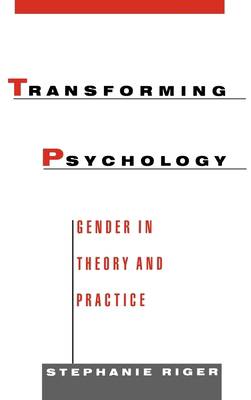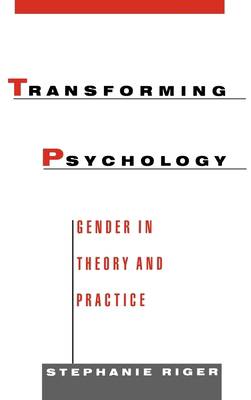
- Afhalen na 1 uur in een winkel met voorraad
- Gratis thuislevering in België vanaf € 30
- Ruim aanbod met 7 miljoen producten
- Afhalen na 1 uur in een winkel met voorraad
- Gratis thuislevering in België vanaf € 30
- Ruim aanbod met 7 miljoen producten
Zoeken
€ 57,95
+ 115 punten
Omschrijving
Over the last two decades, a rich, diverse, yet sometimes contradictory body of research has been gathered under the general rubric of "psychology of women." This burgeoning literature represents several disciplines, among them psychology, psychiatry, sociology, political science, and women's studies. To bring sense to this agglomeration of views, both for the layperson and the student, the author looks at research in this area as a social process and refutes the notion that science can be objective about its search for universal truths. She asks us to reflect on how we choose among explanations of behavior, calling the need to examine the psychology of women in a social and historical context. Throughout the book, Riger reveals how interpretive frameworks shape how we perceive research findings. Her central theme suggests that social factors shape the meaning and experience of biological femaleness.
Specificaties
Betrokkenen
- Auteur(s):
- Uitgeverij:
Inhoud
- Aantal bladzijden:
- 240
- Taal:
- Engels
Eigenschappen
- Productcode (EAN):
- 9780195074666
- Verschijningsdatum:
- 7/09/2000
- Uitvoering:
- Hardcover
- Formaat:
- Genaaid
- Afmetingen:
- 163 mm x 243 mm
- Gewicht:
- 503 g

Alleen bij Standaard Boekhandel
+ 115 punten op je klantenkaart van Standaard Boekhandel
Beoordelingen
We publiceren alleen reviews die voldoen aan de voorwaarden voor reviews. Bekijk onze voorwaarden voor reviews.











